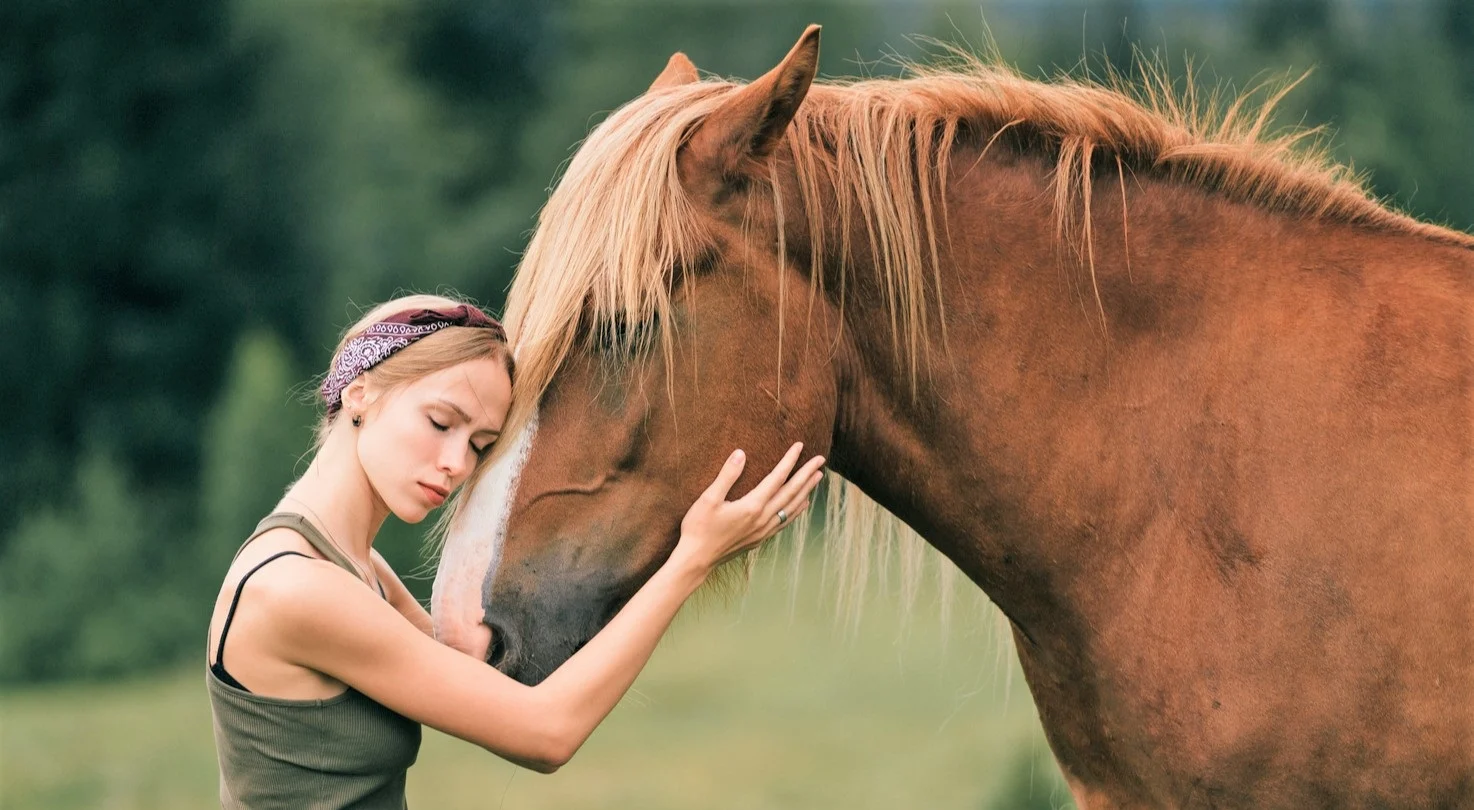As our beloved equine companions age, it’s crucial for us to be vigilant about recognizing senior horse stress signs. Understanding these signs early can ensure a healthier and more comfortable life for your horse. In this article, we’ll explore the various indicators of stress in senior horses and provide tips on how to alleviate them.

Understanding Stress in Senior Horses
Just like humans, horses experience stress. For senior horses, stress can have a more significant impact due to their age and potentially declining health. Recognizing senior horse stress signs is the first step in providing the care they need.
Common Stress Indicators
There are several stress indicators you should be aware of. These include changes in behavior, eating habits, and physical appearance. A stressed horse may exhibit signs like weight loss, a dull coat, or unusual aggression or anxiety.
Behavioral Changes
One of the primary senior horse stress signs is a change in behavior. You might notice your horse becoming more withdrawn or, conversely, more anxious. These changes can be a response to pain or discomfort.
Physical Manifestations
Physically, stress can manifest in several ways. Look for weight loss, changes in coat condition, or even lameness. It’s essential to regularly check your horse for these signs and speak with a veterinarian if you notice anything unusual.
Causes of Stress in Senior Horses
Understanding the causes of stress is as important as recognizing the signs. Common causes include changes in the environment, diet, or routine, as well as underlying health issues.
Environmental Factors
Changes in the horse’s environment, such as moving to a new stable or changes in routine, can be significant stressors. Ensuring a stable and familiar environment is crucial for minimizing stress.
Health-Related Issues
Health problems can cause or exacerbate stress in senior horses. Regular health check-ups, which you can read more about in this annual check-up guide, are crucial to catch any potential issues early.
Alleviating Stress in Senior Horses
Once you’ve identified senior horse stress signs, it’s crucial to address them to improve your horse’s well-being.
Providing a Comfortable Environment
Ensuring your horse has a comfortable living environment, with appropriate bedding and a stable routine, can significantly reduce stress. Discover the best bedding for senior horses to enhance their comfort.
Regular Exercise and Stretching
Maintaining a regular exercise routine is vital. Exercise helps keep your horse physically fit and mentally stimulated. Learn more about exercise for older horses and stretching routines that are beneficial.
Diet and Nutrition
A balanced diet is essential for reducing stress. Ensure your horse receives the necessary nutrients for their age and condition. Digestive support supplements can be particularly beneficial for senior horses.
When to Consult a Veterinarian
If you’re concerned about your horse’s stress levels, it’s always best to consult a veterinarian. They can offer expert advice and treatments tailored to your horse’s needs.
Regular Health Check-Ups
Regular check-ups are crucial for catching any health issues early. If you notice persistent senior horse stress signs, don’t hesitate to reach out to a professional.
Professional Guidance
A veterinarian can provide guidance on managing stress and improving your horse’s overall health. For more tips, check out this comprehensive guide on older horse care.
Conclusion
Recognizing senior horse stress signs is an essential part of caring for your aging equine friend. By understanding these signs and taking the necessary steps to alleviate stress, you can ensure your horse enjoys a comfortable and healthy life.

FAQs
What are some common senior horse stress signs?
Common signs include changes in behavior, weight loss, and a dull coat.
How can I reduce stress in my senior horse?
Providing a stable environment, regular exercise, and a balanced diet can help reduce stress.
When should I consult a veterinarian about my horse’s stress?
If you notice persistent stress signs, it’s best to consult a veterinarian for expert advice.
This article contains affiliate links. We may earn a commission at no extra cost to you.
